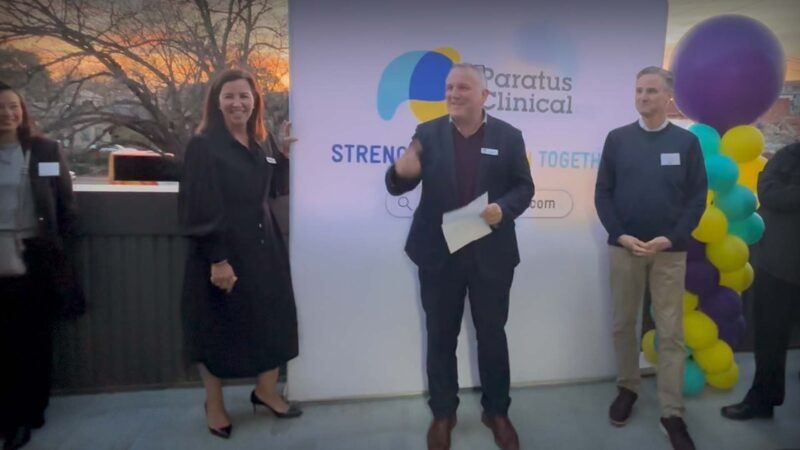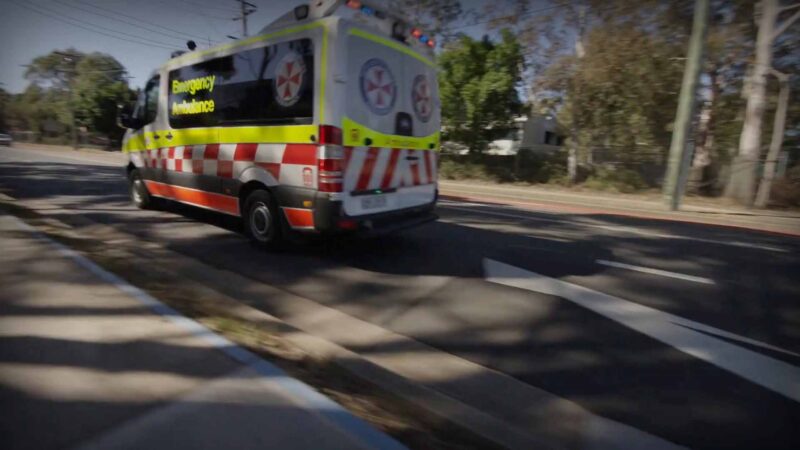For two decades, the demand for emergency department services in Australia has outpaced population growth and wait times have increased. In 2022-2023 more than 8.8 million emergency department presentations occurred nationwide.
While demand is a contributing factor, EDs are currently being impacted by various factors across the entire health system.
The Emergency Medicine Foundation (EMF) is a non-profit organisation funding innovative Australian research that improves the way people are cared for in a medical emergency. The aim of the research is to deliver better and more effective health services to save lives and money.
Professor Hugh Grantham, Emergency Medicine Foundation (EMF) Chair on the urgent challenges in emergency departments states, “The issue of system-wide delays from triage to admission to treatment and discharge is one of the Australian healthcare system’s most challenging problems and it severely impacts vulnerable patient groups, including aged care and mental health patients.”
In February 2024, the Emergency Medicine Foundation (EMF) launched a $1.3 million fund for new research grants dedicated to addressing the pressing issues in emergency care to improve patient outcomes in Australia.
These projects will include innovative ways to improve pain management in children, treating diabetic patients, and optimising treatment for patients who call an ambulance for nausea or vomiting.
Australian Health Journal spoke with Dr Kim Hansen, Emergency Medicine Foundation Board Director, author & presenter of a broad range of topics including ED crowding, incident reporting, cognitive bias and gender equity.
Since launching in 2007, EMF has fostered significant growth in research and innovation in emergency, prehospital and retrieval medicine across Queensland. These EMF-funded research projects have proved both effective and wide-reaching, with a recent mental health study projected to save the Australian health system $30 million.
You Might also like
-
A clinical research career working Sponsor-side, CRO-side to Site-side
In July 2025, Paratus Clinical, a Australian provider of dedicated clinical trial services, announced the appointment of Megan Morrison as its new Chief Executive Officer, at the same time as a significant milestone as the company celebrating over a decade of impact in the clinical research space. Paratus now operates a network of five purpose-built, research-only clinics along Australia’s eastern seaboard.
-
Improved access to technology needed for people with Type 2 Diabetes needing insulin
The National Diabetes Services Scheme (NDSS) provides subsidised products for diabetes management; however, disparities exist in access to technology between those with Type 1 and Type 2 diabetes. While continuous glucose monitoring (CGM) devices are subsidised for Type 1, they are not available for Type 2 diabetes. ADEA advocates for equitable access to these essential tools, emphasising that all individuals with diabetes deserve the resources necessary for optimal management and reduced risk of complications. Without such technologies, many are forced to rely on finger pricking, which can be inconvenient and unsafe in settings such as the workplace and in higher education.
-
Paramedics seek team-based primary health care pilots
The Chief Executive Officer of The Australasian College of Paramedicine, John Bruning spoke with Australian Health Journal about the following:
New models of care proposed for paramedics
Paramedicine pilot program in the pre-budget submission
Scope of how paramedics can support General Practice, and guidelines on safety and quality
Current limitations experienced by paramedics needing to be addressed by Government
Other health priorities hopefully addressed in Federal Budget.In the lead up to the Australian Federal Budget in May 2023, Australian Health Journal reached out to peak health industry bodies to hear about their priorities, either noted in pre-budget submissions lodged with Federal Government in January 2023 or in recent forums such as the Strengthening Medicare Taskforce.



